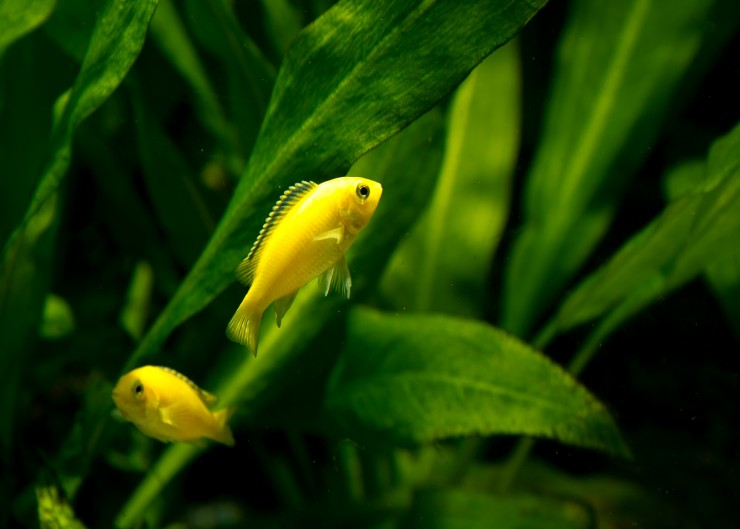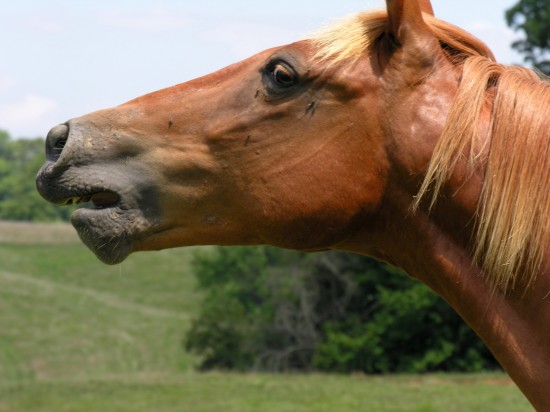

If your child is keen to start a new hobby and/or have a pet all of their own, one of the best ways to enable this without devoting all of your time and a lot of ongoing expense to it is to allow them to set up their own tropical fish tank, which is a good, relatively low-maintenance introduction to the responsibilities of pet ownership and care, and also very educational too!
Exactly what age any child should be deemed ready to be largely responsible for taking care of a tank on their own will vary enormously from case to case, and ultimately, only you can make that decision-but your child should at least be old enough to understand the basics of keeping a healthy tank, prepared to commit to researching it and taking care of it, and physically capable of doing the maintenance that it will require!
In this article, we will look at some of the considerations to bear in mind when deciding whether or not your child should be allowed to have their first tropical aquarium, and how to assess if they are ready or not. Read on to learn more.
First of all, while maintaining a tropical aquarium on an ongoing basis is one of the cheapest of hobbies and pets to keep, the initial outlay for setting up a basic small but reasonable tank will usually cost upwards of £100, and for larger tanks, even more. This is no small sum of money to shell out at the get-go, so find out about the various things that the tank will need and how much it will all cost you before you float the idea to your child and set them off on doing their own research!
In order to demonstrate a willingness and commitment to taking care of their tank, your child should be expected to do their own research on how to set up and care for tropical fish, which may mean getting a selection of books, talking to other fish keepers, and learning on the internet.
It is important for you as the parent to do your own research too, in order to ensure that your child has found out everything that they need to and that the information they have gathered is accurate, but setting your child to learn about it all for themselves too is an important first step.
You should also assess your child’s ability to make good choices where the tank is concerned, by managing their expectations about the sort of plants and fish that can be kept in the tank, what sort of combination of fish will work well together, and vitally, knowing the importance of not overcrowding the tank.
Planning to keep tropical fish is also a test of patience for many children-after setting up the tank and planting it, they will then need to wait a couple of weeks for the water to settle down before adding their first fish, and then have to wait once more to allow the water parameters to settle down again before adding more!
Will your child be capable of taking care of the tank on an ongoing basis? This means being capable and willing to clean out and maintain the tank, and trusted to move volumes of potentially dirty water around without flooding the whole house!
Basic chemistry is also involved, as checking the water parameters and making any changes needed are all important for tropical fish!
Your child should also be able to demonstrate a basic understanding of tropical fish sickness and health, identifying sick fish, and how to keep the tank healthy in order to avoid this. Your child will need to learn a little bit about what is required to keep a tank clean and healthy and the sort of problems that can lead to ill health in fish, and know how to get help and advice if they do run into any problems.
The chances are that you will need to help your child out at some point when it comes to their tank care, possibly by carrying water, looking after the tank if your child goes on holiday with the school, or otherwise needs a hand. Think about what this will entail before you go forwards, and how this may restrict you or your child from doing certain things.
Finally, you should be prepared to step in and take over if needed, such as if your child proves to be unable to take care of the tank properly, or loses interest and will no longer maintain the tank well. While this will obviously be disappointing for you, you must ensure that you are prepared to step in if needed-and remember that is better to find out and have to step in with relatively low maintenance pets such as fish than something larger and more demanding like a dog!
 Larger Dog Breeds That Make Great Family Pets
Larger Dog Breeds
Larger Dog Breeds That Make Great Family Pets
Larger Dog Breeds
 Is The Border Terrier A Good Choice Of Pet?
Is The Border Ter
Is The Border Terrier A Good Choice Of Pet?
Is The Border Ter
 Review Of Holistic Dog Food - - - - So Whats Really The Best?
Looking for the best holistic dog food? Trying to figure
Review Of Holistic Dog Food - - - - So Whats Really The Best?
Looking for the best holistic dog food? Trying to figure
 Dog Coat Colours Explained
Dog Coat Colours
Dog Coat Colours Explained
Dog Coat Colours
 How To Cope With Flies Around Horses
How To Cope With
How To Cope With Flies Around Horses
How To Cope With
Copyright © 2005-2016 Pet Information All Rights Reserved
Contact us: www162date@outlook.com